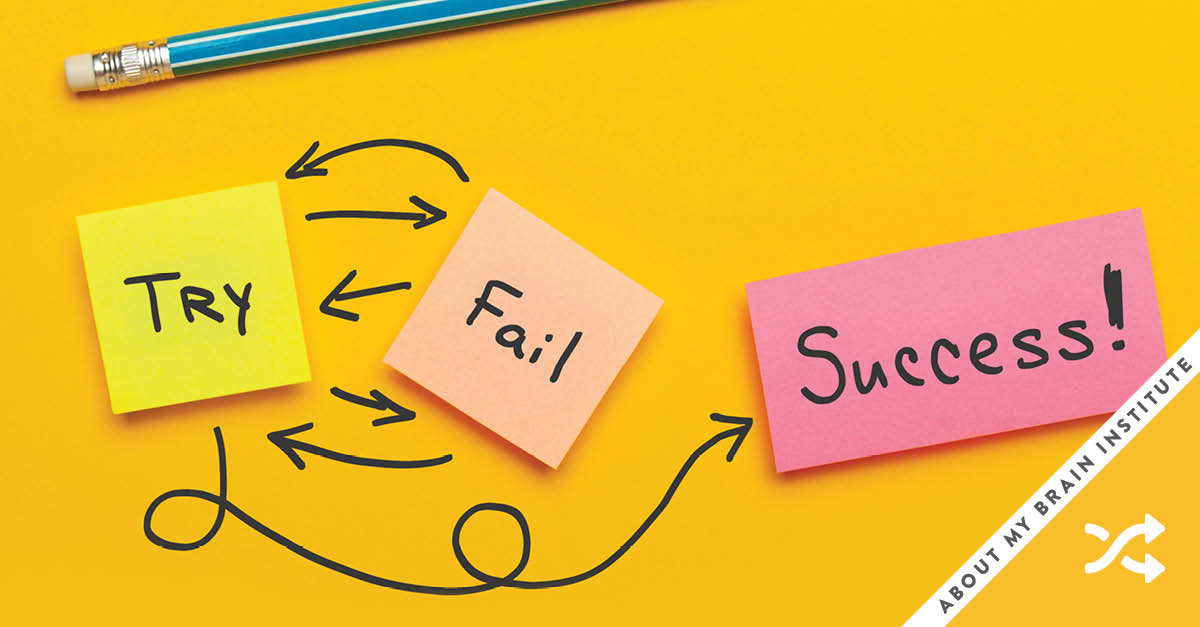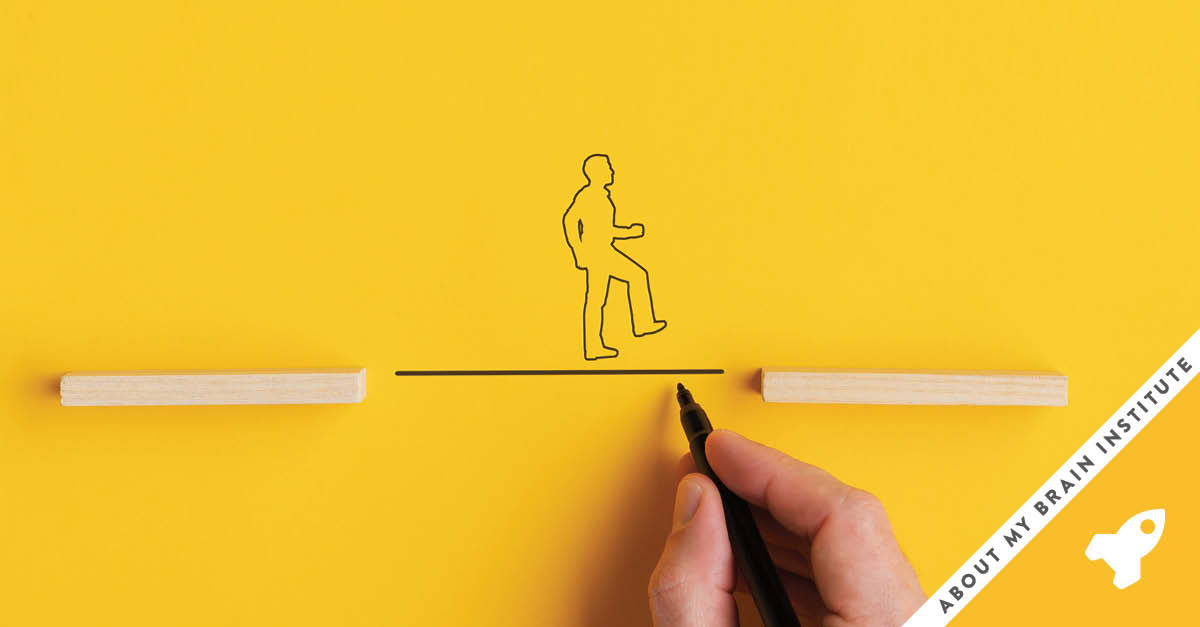Exploring Dissatisfaction
Attribute: Honest

Exploring Dissatisfaction
We all experience moments when things don't go as expected, leading to feelings of dissatisfaction. Whether at work, in relationships or personal endeavors, how we respond to these moments is key to our growth and well-being. Dissatisfaction signals that something is misaligned with our values or expectations and by acknowledging it, we open the door to positive change. When faced head-on, dissatisfaction can become a powerful force for personal growth and self-improvement, rather than a source of frustration or stress.
Typical Reactions to Dissatisfaction
When we are not happy with a situation, our usual reaction might be to withdraw, avoid the issue or suppress the negative emotions. Others may lash out in frustration or try to control the situation forcefully. However, these reactions often only serve to heighten the tension rather than resolve the underlying issue.
Here are some common responses to dissatisfaction:
- Avoidance:
Ignoring the situation in the hope that it will resolve itself. - Suppression:
Pushing down feelings of frustration, which can lead to longer-term emotional distress. - Confrontation:
Reacting with immediate frustration or anger, which might escalate the issue.
By understanding your typical reaction, you can begin to shift your approach to something more productive.
- Problem-Solving: Actively seeking solutions to address the dissatisfaction and improve the situation.
Keep reading ↓
Keep reading ↓
Newsletter
Dissatisfaction
Consider these questions:
- What situations most often trigger feelings of dissatisfaction in your life?
- How do you typically react when you’re not happy with a situation, emotionally and behaviorally?
- When you experience dissatisfaction, do you confront and address the issue or do you tend to avoid or suppress your emotions?
- Can you recall a time when you turned dissatisfaction into an opportunity for personal growth? What did you learn from that experience?
Reflecting on your answers can help you gain valuable insights into how you deal with dissatisfaction and uncover areas where you can grow.
Keep reading ↓
Transform Dissatisfaction into Opportunity
- Positive Reframing:
Try to see dissatisfaction not as an obstacle, but as a nudge toward positive change. Ask yourself, “What can I learn from this? How can this lead me toward a better outcome?” By shifting your perspective, you create space for creativity and problem-solving. - Open Communication:
If your dissatisfaction involves other people, clear and honest communication can lead to better understanding and resolution. Address the issue with those involved in a constructive way, focusing on how improvements can be made rather than blaming or criticizing. - Setting Clear Goals:
Use dissatisfaction as fuel to set goals for what you want to change. This can involve personal growth, improving your relationships, or making necessary adjustments in your work or personal life. By setting specific goals, you move from frustration to action, giving yourself a clear path forward.
Dissatisfaction doesn’t signal failure; instead, it can be a powerful catalyst for growth. By shifting our mindset and asking what we can learn from the situation, we open ourselves to transformation. How we respond to dissatisfaction shapes our personal development and well-being. Embracing it as a necessary part of growth allows us to turn challenges into opportunities and move closer to our goals.

Explore the Items
Read each article!
Supporting content
Courage Articles
Check out the latest blogs to learn more about this topic!

Having The Courage To Fail And Then Try Again

Having The Courage To Let Go Of Perfectionism

5 Ways To Improve Your Negotiation Skills
Bibliography
This article has been inspired by the following sources:
- Lee, J. H., Yoon, Y., & Seo, Y. (2022). The curvilinear relationship between dissatisfaction with the status quo and innovative behavior. Frontiers in Psychology, 13, 849586. https://doi.org/10.3389/fpsyg.2022.849586
- Morin, A. (2018). How and why to stop complaining. Verywell Mind. https://www.verywellmind.com/how-and-why-stop-complaining-3144882
- Damiano, S. (2019). The advantages of adversity. About My Brain Institute. https://www.aboutmybrain.com/blog/the-advantages-of-adversity

